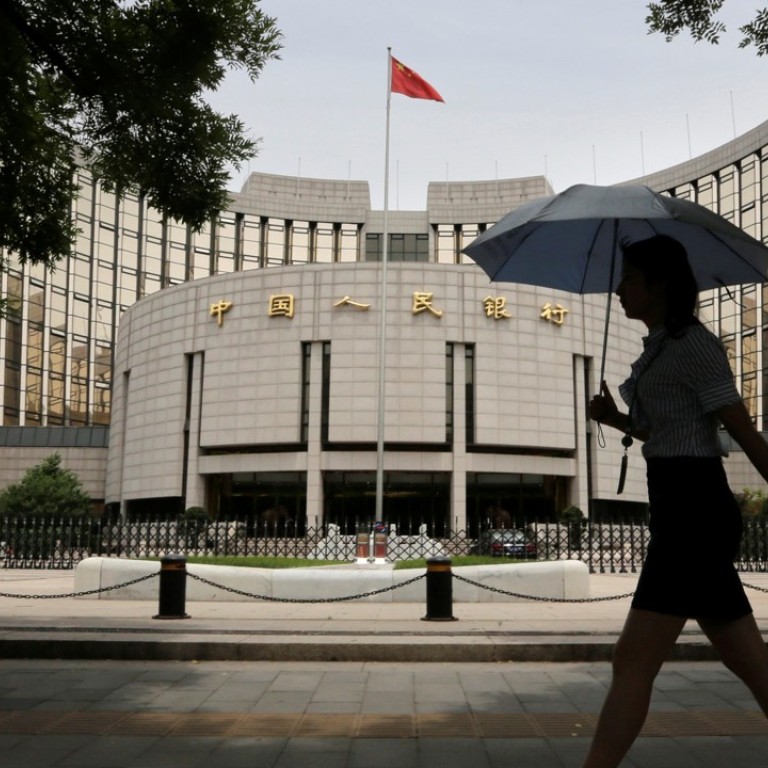
China lists ‘sensitive sectors’ as it tightens curbs on overseas investments
Real estate, hotels, cinema, entertainment, sports clubs, and private equity funds among foreign sectors that will face increased scrutiny
China’s top economic planner on Sunday released a full list of “sensitive” areas where it intends to restrict overseas investments, putting a specific curb on deals related to real estate, hotels, cinema, entertainment, sports clubs.
Weapons’ development, manufacturing and maintenance, multinational water resources exploitation, and news media were also included on the list, confirming previous draft rules unveiled in November. The tighter restrictions will also apply to private equity funds that have no investments in the “real economy”.
The list of restricted sectors will come into effect on March 1, said the National Development and Reform Commission (NDRC) in a statement late on Sunday.
Under existing regulations, Chinese companies are required to report any overseas deal in which their investment is more than US$300 million to the NDRC. If the investments are in sectors or countries deemed sensitive, they have to seek approval from the regulators.
The new list was published as China’s foreign exchange reserves rose for a 12th straight month in January on the back of a weakening US dollar and stricter capital controls.
Reserves grew US$21.5 billion in January to US$3.16 trillion, the highest since October 2016, according to recent figures from the People’s Bank of China.
In November, the NDRC released draft guidelines to tighten control of offshore investments in sensitive industries or countries, while streamlining the approval process for domestic companies wishing to investing more than the US$300 million threshold overseas.
The guidelines were designed to “improve oversight, safeguard national security, and support the healthy development of outbound investments”, the NDRC said in November.
Sensitive countries refer to those that are at war, do not have diplomatic ties with China, or where investment is restricted by international treaties or agreements China has signed, the draft guidelines said.
The NDRC said at the time a full list of sensitive industries would be released in the future.
In 2017, China’s non-financial overseas investments declined for the first time in at least eight year, as outbound direct investment shrank 29 per cent year-on-year to US$120 billion, the Ministry of Commerce said last month.
“We have successfully curbed irrational offshore investments,” the ministry said in a statement.
Separate data from Thomson Reuters showed mergers and acquisitions by Chinese companies in the US slumped nearly 80 per cent to US$13.9 billion in the first 10 months of last year.

